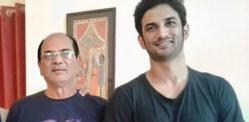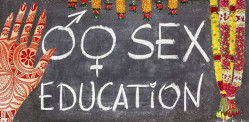The three Indian women face major upheaval.
Books have often been the basis of inspiration for many movies and cinematic works that we see today.
However, movie and TV adaptations of South Asian literature often go underappreciated.
There is a wide range of movies and TV shows that have been inspired by South Asian literature and tell the complex and intricate stories of South Asian lives.
DESIblitz looks at which South Asian literary works have been adapted or based upon to become hit movies and television series and the stories they tell.
Life Isn’t All Ha Ha Hee Hee

Life Isn’t All Ha Ha Hee Hee is a widely underrated novel written by Meera Syal and was made into a television miniseries in 2005.
The miniseries tells the story of three childhood best friends, Chila, Sunita, and Tania as they journey into adulthood and face troubling personal times.
What ensues is a tale of friendship, betrayal, love, and cross-cultural conflict as the three Indian women face major upheaval.
Their long-standing friendship is also put to the test following shocking revelations.
The exploration of three different Indian female characters is masterfully done by Meera Syal as she captures their unique struggles as well as their shared struggle in maintaining cultural expectations.
The evocative novel and miniseries are worth a read or watch and the full miniseries is even available to watch on Netflix UK.
Bride and Prejudice
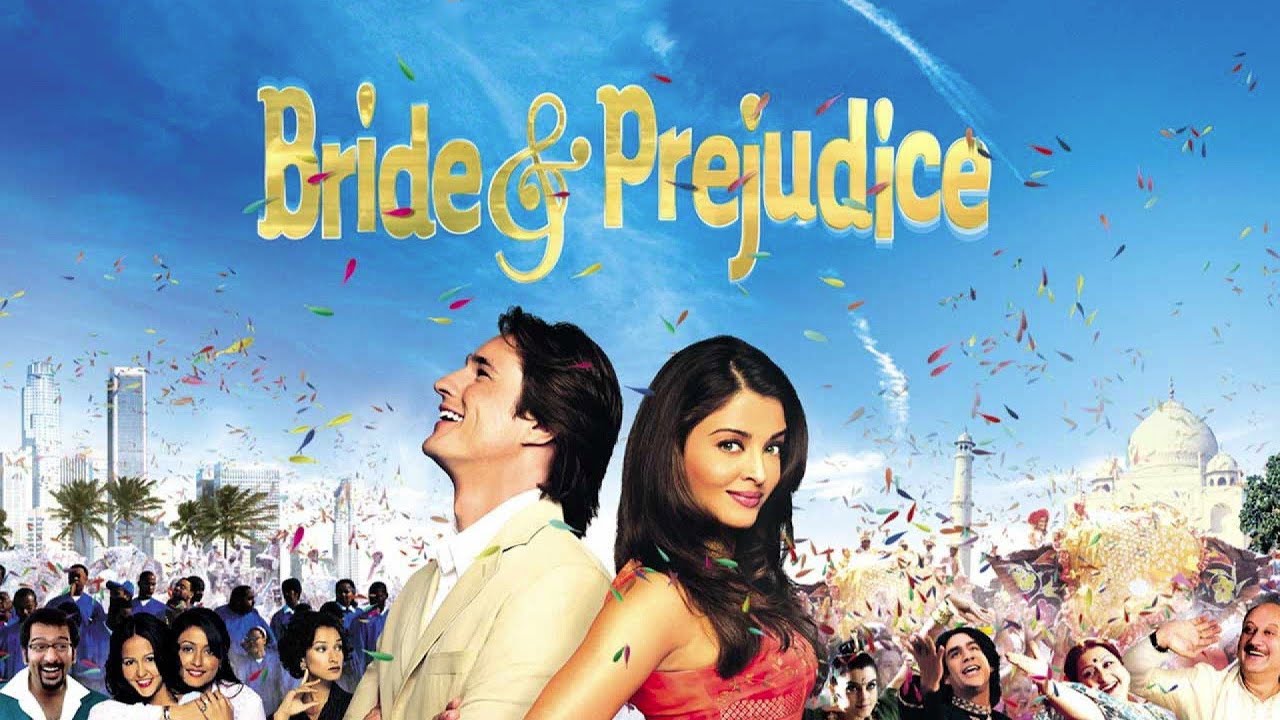
Bride and Prejudice is a 2004 movie adaptation of the classic Jane Austen novel, ‘Pride and Prejudice’, and was directed by famous South Asian director Gurinder Chadha.
The story mirrors certain aspects of the Jane Austen classic with the love interests taking a modern twist.
The character Will Darcy (Martin Henderson) represents Mr Darcy whilst Lalita Bakshi (Aishwarya Rai) is a South Asian Elizabeth Bennet figure within the movie.
Like the original novel, the movie adaptation follows similar themes including love, class divides, and marriage.
The Indian infusion in the movie remake explores cultural differences between the two leads and presents the movie as an exciting adaptation of a beloved classic with a unique cultural twist.
The Namesake
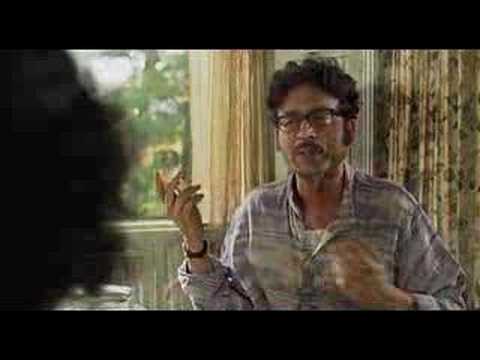
The Namesake is a 2006 drama movie directed by Mira Nair and is based on the novel of the same name written by Jhumpa Lahiri.
The poignant novel and film follow the story of Gogol Ganguli (Kal Penn) who resides in the United States alongside his immigrant parents and is struggling to find his place in the world and navigate his identity.
The story shows Gogol’s journey towards embracing his familial and cultural heritage following his initial rejection of them.
The plot also delves into his complex relationship with his parents, Ashoke and Ashima (Irrfan Khan and Tabu) and attempts to bridge the cultural gap between them.
It is a novel and film that captures the essence of the immigrant experience for many South Asians across the world.
The White Tiger
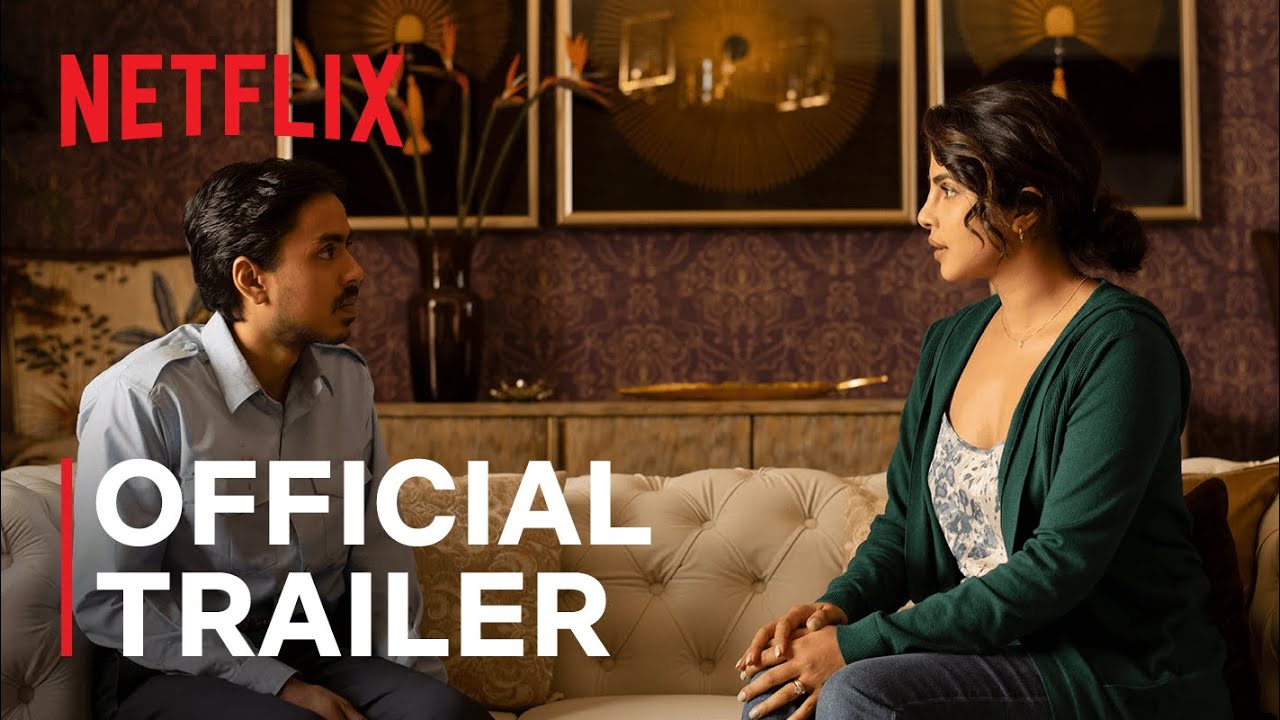
Based on the novel written in 2008 by Aravind Adiga, The White Tiger was adapted into a movie and released on Netflix in 2021.
The plot revolves around the character Balram Halwai (Adarsh Gourav), a poor young man from a rural village in India who rises to success and becomes an entrepreneur in the city of Bangalore.
The movie was directed by Ramin Bharani and whilst it follows the basic plot of the original novel there are a few key differences in the way the story is told and the emphasis on different characters.
However, the movie adaptation still captures the core social commentary of class struggles and corruption in India.
It also offers thought-provoking storytelling of an Indian man’s fight to escape poverty.
A Suitable Boy
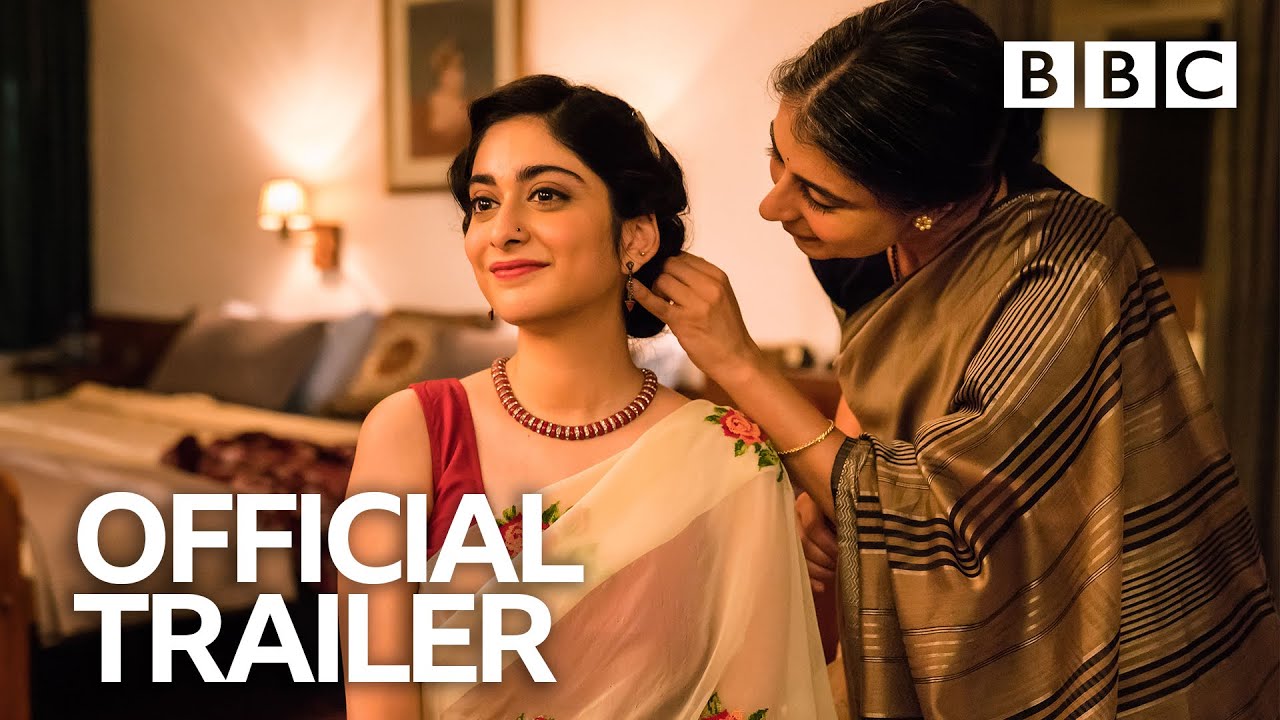
A Suitable Boy was made into a BBC period drama miniseries in 2020 and is based on the 1993 novel of the same name, written by Vikram Seth.
The miniseries is set at the dawn of a new age in India, following its independence and closely follows the intertwined lives of four Indian families.
The series is focused on protagonist Lata Mehra (Tanya Maniktala) who is torn between duty to her mother (Mahira Kakkar) to find a respectable suitor and the idea of pursuing a real romantic connection with someone else.
Though the novel and movie are focused on the idea of love, societal expectations, and family, they also explore how post-partition India looks in the 1950s.
Both movie and novel, therefore, go beyond a surface-level exploration of Lata’s love life as they intertwine themes of tradition, Indian politics, modernity, and religion within the plot.
Life of Pi

Life of Pi is a critically acclaimed movie directed by Ang Lee in 2012 with stunning visuals and is based on the novel written in 2001 by Yann Martel.
The movie adaptation follows the plotline of the novel by telling the story of a young Indian boy named Pi Patel (Suraj Sharma) who survives a shipwreck and finds himself stranded in the Pacific Ocean.
Whilst adrift in the ocean, Pi is accompanied by a Bengali Tiger named Richard Parker and must use his survival instincts and wit to stay alive and find his way back to civilisation.
The book and movie explore themes of faith, storytelling, and survival and captures breathtaking visuals across the ocean and the many animals Pi encounters on his journey.
The heart-warming movie has received around 81 award wins and 135 nominations since it was released and is worth the watch and read as a thought-provoking tale of self-discovery and survival.
Brick Lane

Brick Lane is a book written by Monica Ali and published in 2004 that was adapted into a movie in 2007 and directed by Sarah Gavron.
The book and movie tell the story of Nazneen Ahmed (Tannishtha Chatterjee), a Bangladeshi woman who moves to London for an arranged marriage and navigates life in a new country with much difficulty.
The movie adaptation stays true to many of the novel’s themes by exploring identity, displacement, arranged marriage and the complexities of Nazneen’s life as an immigrant in an unfamiliar city.
The book and movie also delve into other characters’ complexities including Nazneen’s sister who defies traditional expectations and embroils herself in the world of political activism.
Both the book and movie are worth checking out as they explore themes of culture, identity, and belonging.
The Kite Runner
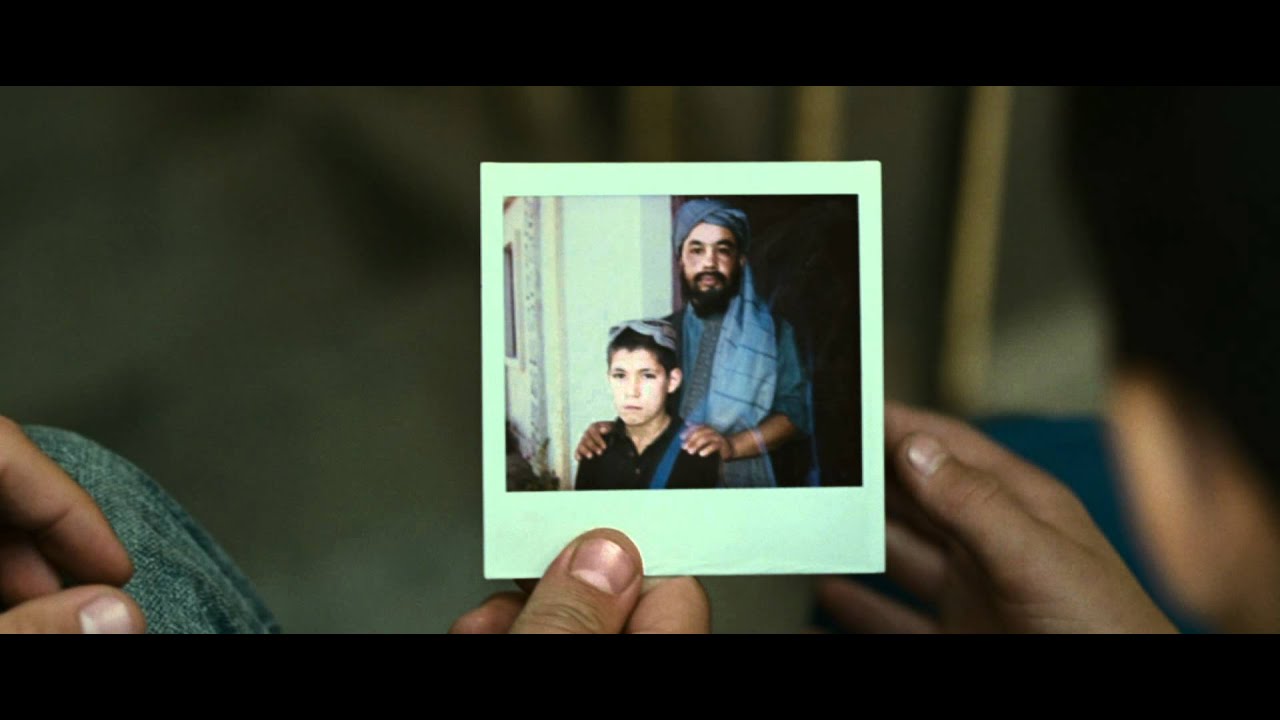
The Kite Runner, written by Khaled Hosseini and published in 2003 is a poignant novel that has been included in several education curriculums across the world and was adapted into a movie in 2007.
It tells the story of two young boys, Amir (Khalid Abdalla and Zekeria Ebrahimi), and Hassan (Ahmad Khan Mahmoodzada) in Afghanistan in the 1970s and outlines the torment Amir feels towards Hassan for his actions long ago.
The story is set against a backdrop of tumultuous events including the rise of the Taliban regime in the 1990s and the mass migration of Afghan refugees following the fall of the monarchy in Afghanistan.
The movie stays true to the novel’s gripping storytelling and captures complex themes such as guilt, redemption, and the impact of history on individuals’ lives.
The movie also captures the great tragedy and beauty of Afghanistan’s history and culture in a way that is both educational and profound.
Midnights Children
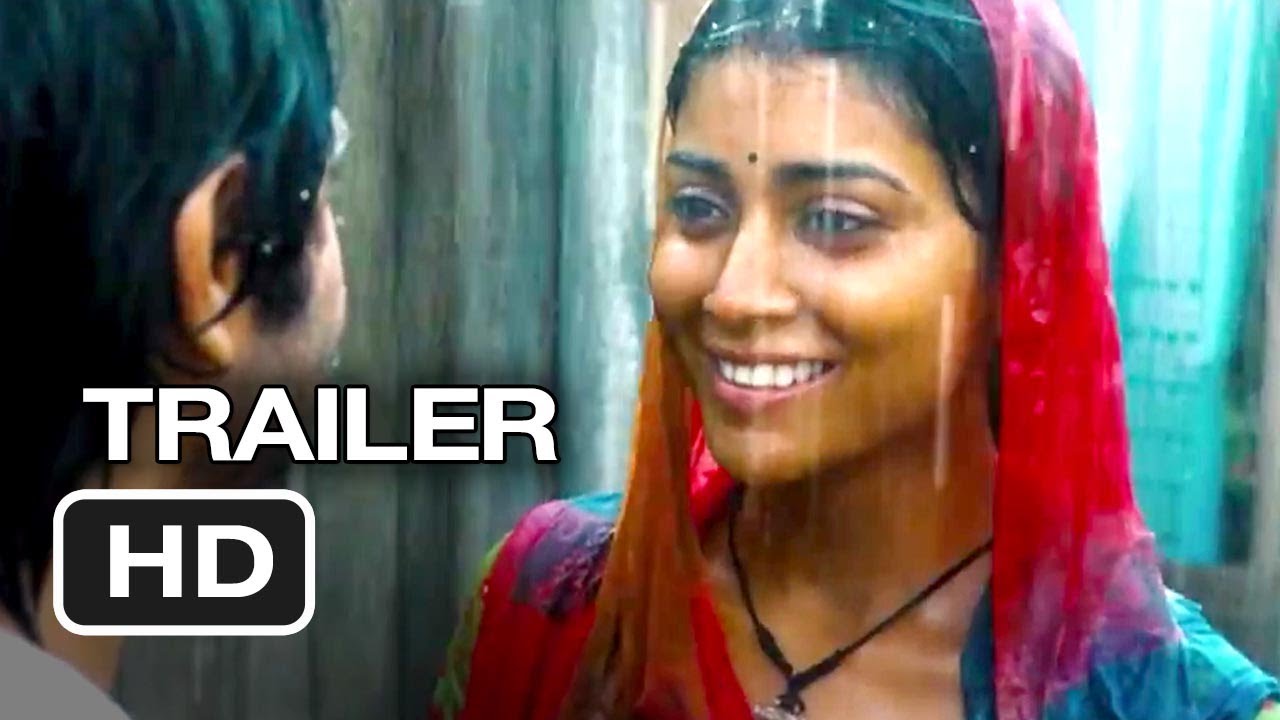
Midnight’s Children is a 1981 novel written by famous author Salman Rushdie and was adapted into a movie in 2012.
The plot follows the story of Saleem Sinai (Satya Bhabha), a man born on August 15, 1947, at the exact moment of Indian independence from British colonial rule.
However, the story also follows Saleem’s unique telepathic connection with other ‘midnight’s children’ who were born at the same moment as Saleem.
The movie stays true to the intricate plot and themes within the novel however had mixed reviews from critics with some believing it doesn’t quite capture the complexity of the novel.
Whilst the novel received a booker prize award in 1981, the movie adaptation only received a 40% audience score on Rotten Tomatoes as its execution was not as notably comparable to the book.
The Reluctant Fundamentalist

Set in the wake of 9/11, The Reluctant Fundamentalist is a novel written by Mohsin Ahmed in 2007 and adapted into a movie in 2012.
The movie follows the story of Changez (Riz Ahmed), a Pakistani man who moves to the United States to pursue his financial career but becomes disillusioned with American society following 9/11.
The movie shows the cross-cultural clash between East and West during this period and the growing sense of alienation and frustration felt by Changez.
The novel and movie are powerful works that portray the political and cultural tensions in America following the disastrous events of 9/11 and explore the impact global events have on individual lives.
The Hundred-Foot Journey
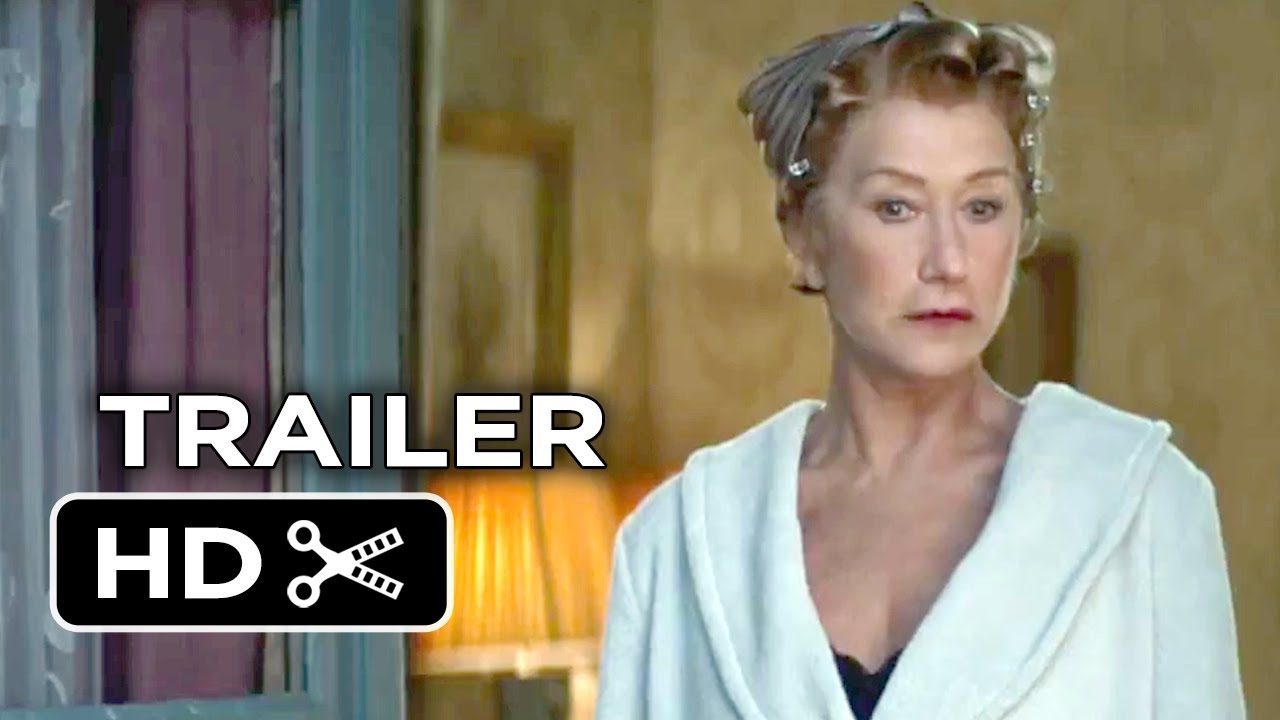
Whilst people may be familiar with The Hundred-Foot Journey as the hit film starring Om Puri and Helen Mirren in 2014, they may not be aware that it was adapted from the novel written by Richard C. Morais in 2008.
The novel and movie adaptation tells the story of Hassan Kadam (Manish Dayal) and his family who open an Indian restaurant in a small French Village.
However, conflict occurs when Madame Mallory (Helen Mirren), owner of the esteemed French restaurant 100 feet away, strongly objects to the opening of the Indian eatery.
What ensues is a series of culinary culture clashes that make for a dramatic feel-good film that is certainly worth the watch.
The film and novel also capture the essence of both Indian and French cultures in a beautiful way that uniquely connects two otherwise distinct cultures.
These examples highlight the diverse range of South Asian literature and the fascinating ways in which they have been adapted to satisfy a cinematic audience.
it is important to recognise the power they hold in connecting with underrepresented audiences.
However, there are still many more South Asian stories to tell and a vast number of South Asian novels that have the potential to become a movie or television series.
With new advances in the film and TV industry, there are an endless number of opportunities to remake South Asian books into a movie or series and continue telling these stories for future generations.























































